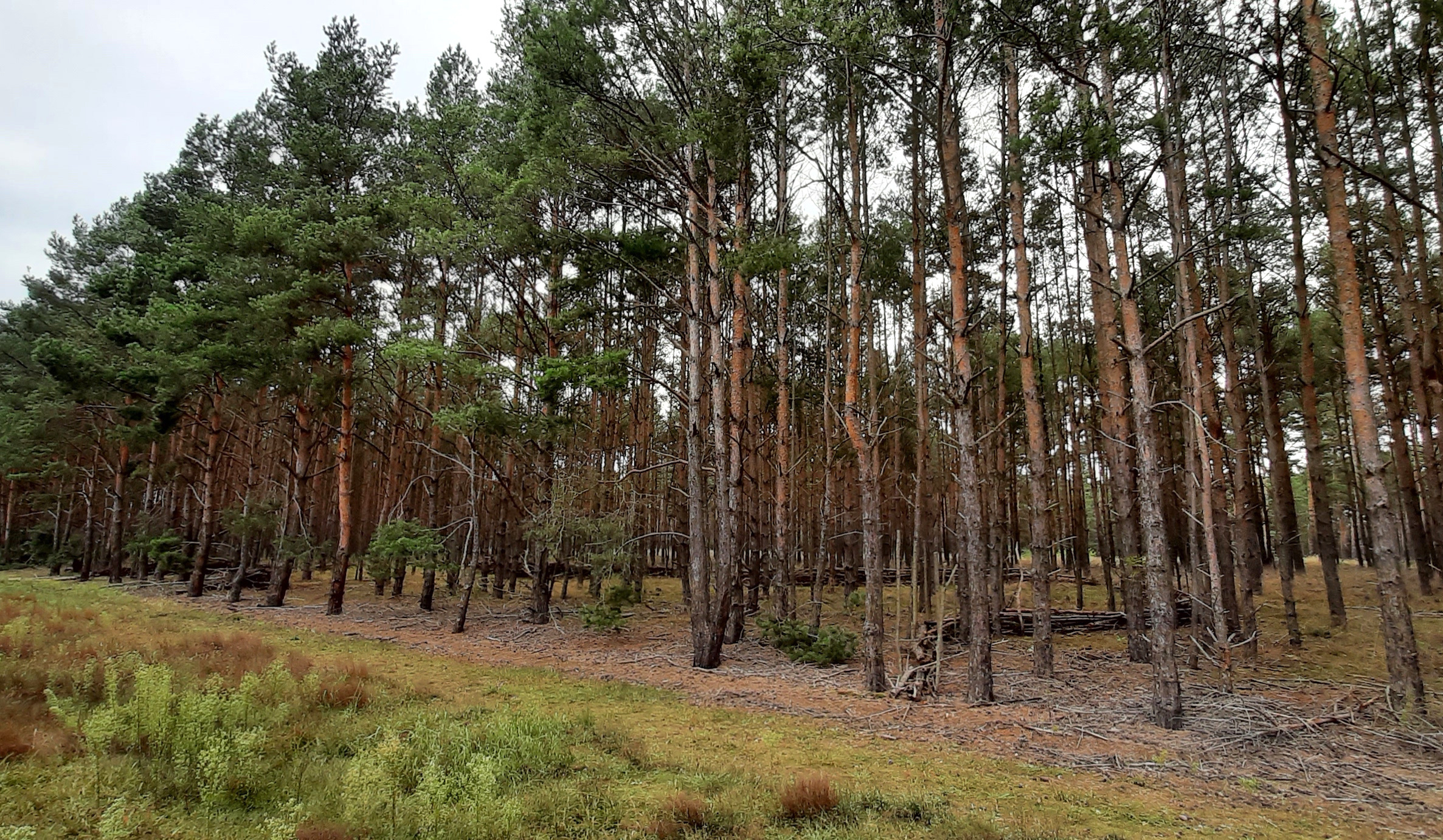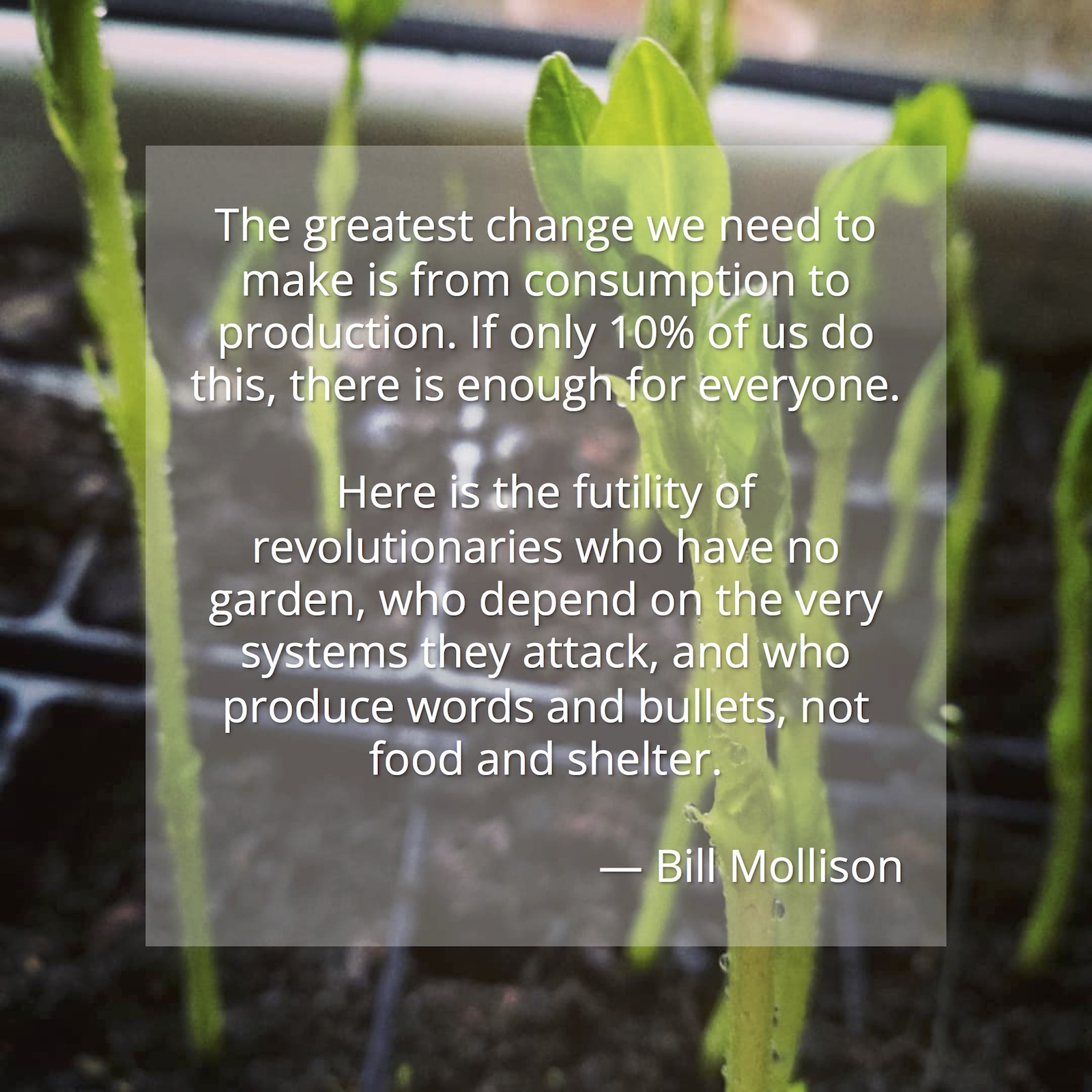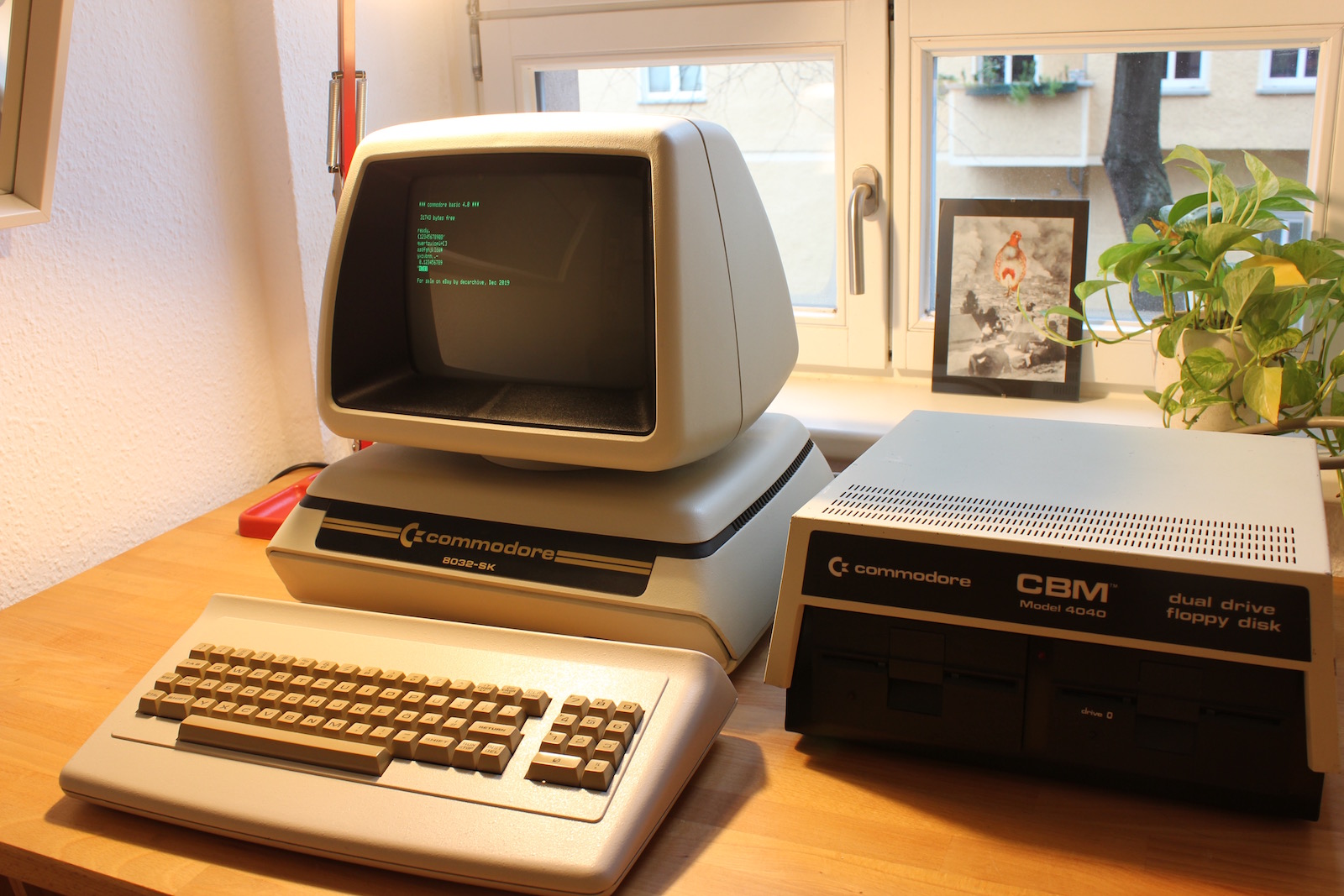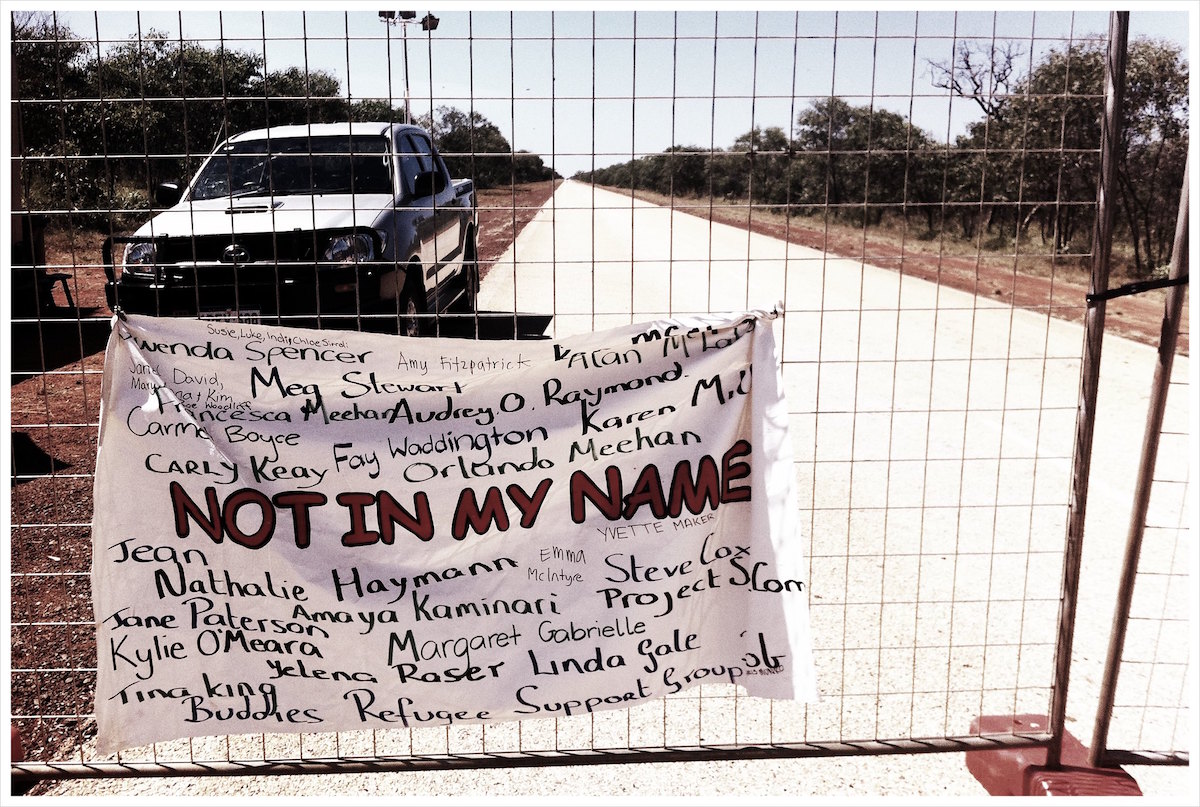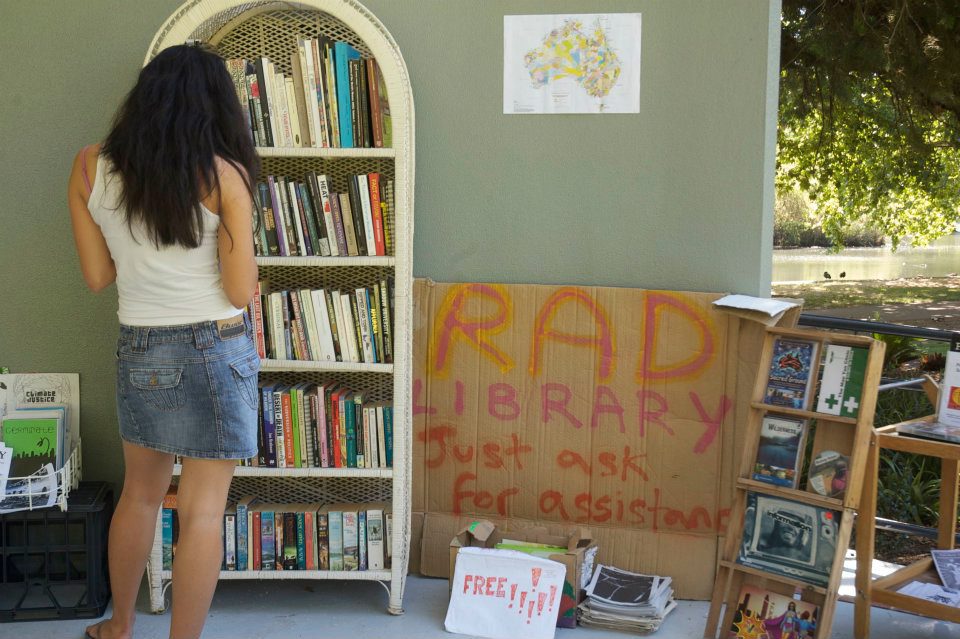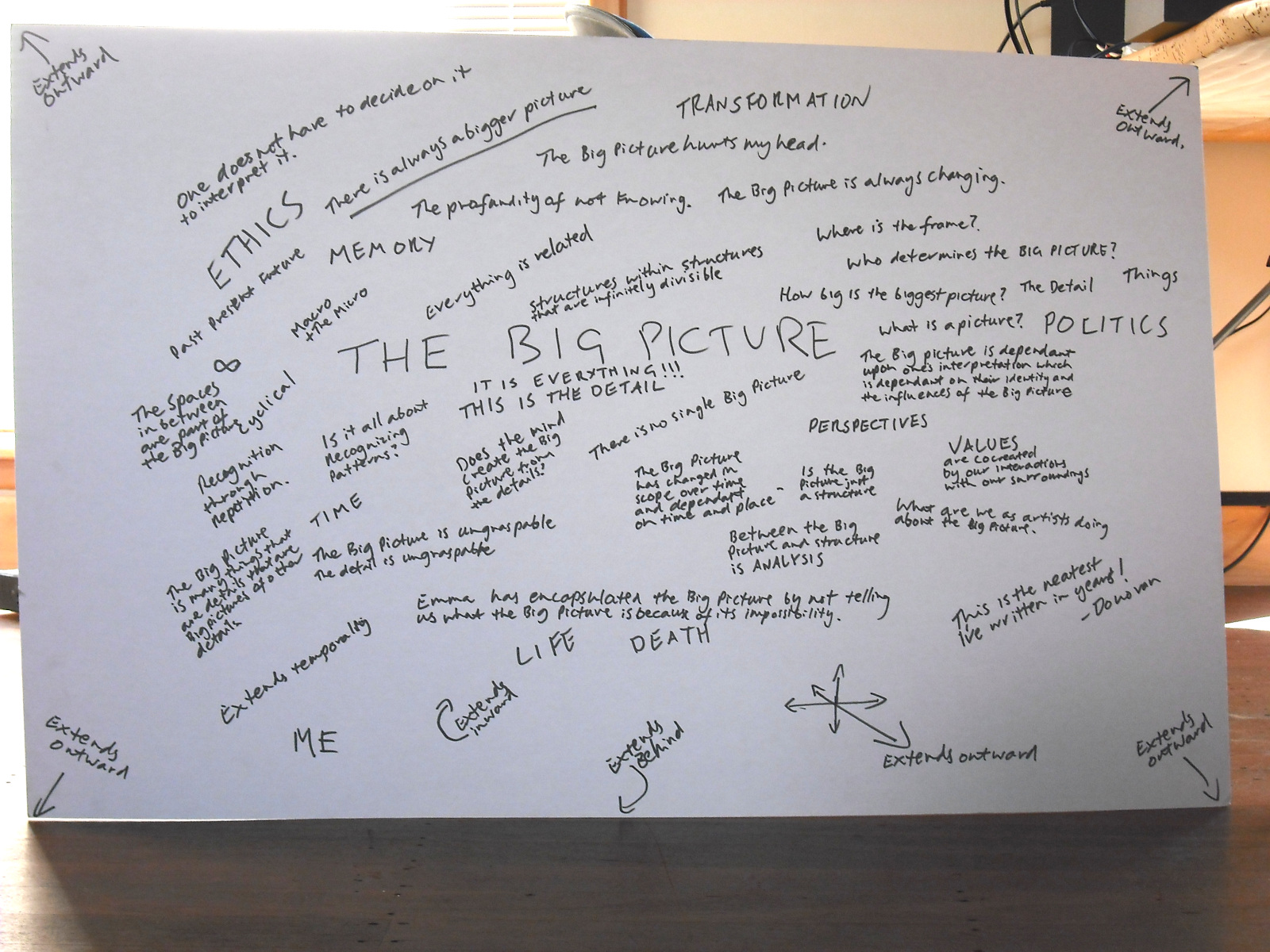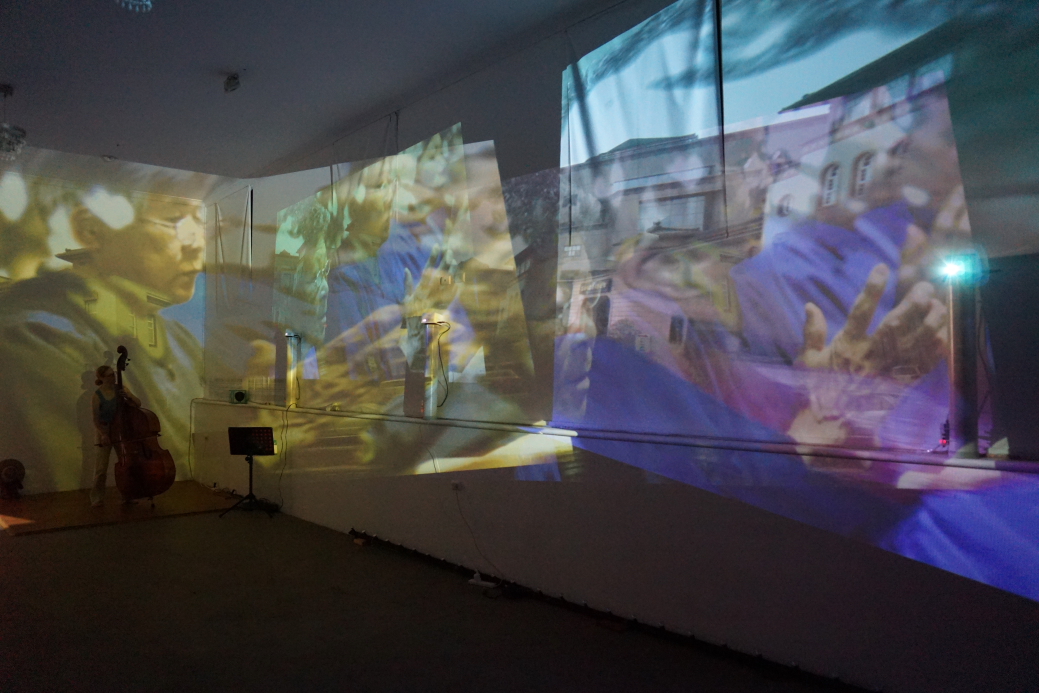Projects and Collaborations
This page provides a brief overview of my projects and collaborations, past and present.
For information about my professional experiences, see this page.
Current Projects and Collaborations
Freiwald e.V.
And starting with the conversion of our first piece of land from a decades-old monocultural pine plantation to what will become part future old-growth forest and part permaculture food forest, I will also start conducting regular reviews and assessments of the soil's physical and organic composition to document how soils can be rebuilt with the aid of microbial inoculations and compost teas, and how such methods compare to the simple 'control' process of letting nature reclaim her own in the absence of human disruption.
Hexenwald Permakultur
My Lebensgefährtin and I still have a lot to do there (and the land still has a long way to go before it can be healed from the many decades soil and microbiome drawdown that goes with monoculture plantation and grain farming) but it's also been really encouraging — not to mention beautiful — to see how quickly plant and bird species can return to an area once it stops being actively disturbed, and how a little bit of help here and there can speed that up even more.
In the coming months, I will start to document aspects of this project on this site here, but until then, you can at least get an impression of Hexenwald and our work there via our Instagram feed.
Classic Computing
Past Projects and Collaborations
Preservation of the indymedia.org.au website (2015)
Between the then seemingly inexorable rise of social media platforms, the decreasing use of the Indymedia Australia platform and the ever increasing work needed to keep spam posts at bay, the decision was made, in October 2015, to shut the site down.
Rather than lose the entire history of news, events and discussions to posterity, I took on the task — with, of course, support from the people who had originally setup and maintained it — of archiving the entirety of the site, and I continue to manage the domain and host the archives to this day.
Refugee Rights Action Network (2011-14)
During my time with this group, I was largely responsible for RRAN's public website, internal wiki and mailing lists; the Dictionaries for Detainees programme; and for filming our public forums and report-backs.
I also managed the registration and other aspects of several of our 'Convergences' — week-long trips in which a busload of people would travel together to one of the remote detention centres (often, literally, in the middle of a desert): (a) to witness, first-hand, government policy in action; (b) to connect with asylum seekers who had been detained there for multiple years; (c) to give the people locked-up inside a chance to have some of their stories heart; and (d) to gain experiences (and gather footage) which would then be shared with others via public forums and documentaries.
The Rad Library (2010–14)
The name and, indeed, the project as a whole was conceived by Emma M. as a way of bringing a collection of political, social, feminist, queer, anarchist and arts literature (amongst other themes) out of a squat, and into a much more publicly accessible forum. I was, however, lucky enough to happen across the library on its first day, and helped with, and then took over, its running until it ceased regular operations at the end of 2014.
Certainly, the 'Rad' in its name evinced the themes of its collection, however it also reflected several other aspects of the project which was, at least for Perth, a bit less ordinary:
- by showing, and setting up the library in the same park every Sunday for over four years without applying for any permits, it essentially created, and claimed, a public space of its own — an idea which confused more than a few park rangers and police who, upon having to concede that we were, in fact, a library and not a mobile bookshop, ended up letting us be; we also had a few people come up to us after seeing us for years in their local park, to finally ask what it was that we were doing (and why we were doing it) — something which also led to some interesting conversations;
- by operating solely on the donation of books and volunteer effort — and without any notion of 'membership' or members fees — it also served as an example of a 'gift' (as in tauschlogikfreies) project;
- and, of course, although most, if not all, of its books were also available within the public library system, the act of curating such a collection and bringing it into a public space exposed people to themes, ideas and knowledge which they otherwise might not have stumbled across.
Workshop: Exploring Collaboration & Interdisciplinarity (2013)
Together with Simon Wise and Jenna Downing, I helped co-organise the event, taking on the bulk of the logistical and financial outreach and organisation.
Taipei Remix: Perth (2013)
Together with Simon Wise, we created a three-dimensional projection and sound environment to 'remix' video and audio materials, and in which live performances were given. For this project, I was responsible for designing, configuring and installing a network of seven Raspberry Pi single board computers, together their supporting network and synchronisation infrastructure, video projection and sound systems, and for running the systems during the performances themselves.
A scanned copy of the performance's programme is available here.
The Perth Artifactory (2012-14)
The Perth Artifactory a Hacker- / Makerspace in Perth, Western Australia. I became involved shortly after it was founded, and given my interests (and my lab) at that time, I helped equip the electronics workshop during its earlier years, and I organised a series of Classic Computing Appreciation Nights.
I was also responsible for the first generation of 'designed' server and networking infrastructure, and between 2011 and 2013, I was on the committee, both as a general member, and as part of the IT working group.
Refugee Rights Incident Reporting and Analysis Pilot (2012–13)
During what was essentially a self-funded sabbatical, I attempted to establish an Australia-wide incident reporting system which would've allowed disparate members of the refugee rights campaign to collaboratively document incidents of human rights and legal violations, and to analyse trends and patterns over time, and in response to legislative and policy changes.
Over the course of about a year, I evaluated multiple Incident Reporting systems and established a 'proof-of-concept' system, populating it with public reports obtained from select activist and academic groups; this was followed by a prolonged engagement with academic, activist, political and legal groups involved in the refugee rights campaign in an attempt to convince them of the advantages of a shared, searchable and persistent incident reporting and analysis system, and to get their active participation in the project.
Spatula's Mega Deluxe Meal Deal (2012)
As part of the 2012 Perth Fringe Festival, Simon Wise and I developed a novel multi-channel audio- and video narrowcasting and switching system for a show that was put on by the collective, 'Spatula'. This system allowed video feeds and audio commentary to be streamed live, from the time the group left the performance space on a four-person 'bicycle' until they returned, some 20 minutes and 1km later; due to the speed limitations of domestic mobile Internet links of the time, this also necessitated the remote switching of the sources, so that as much bandwidth as possible could be dedicated to transmitting the active audio and video feeds.
For this project, I was responsible for designing and installing the networking and electrical sub-systems, and worked with Simon on the conception and configuration of the software aspects. Together, we also ran the systems during the shows themselves.
